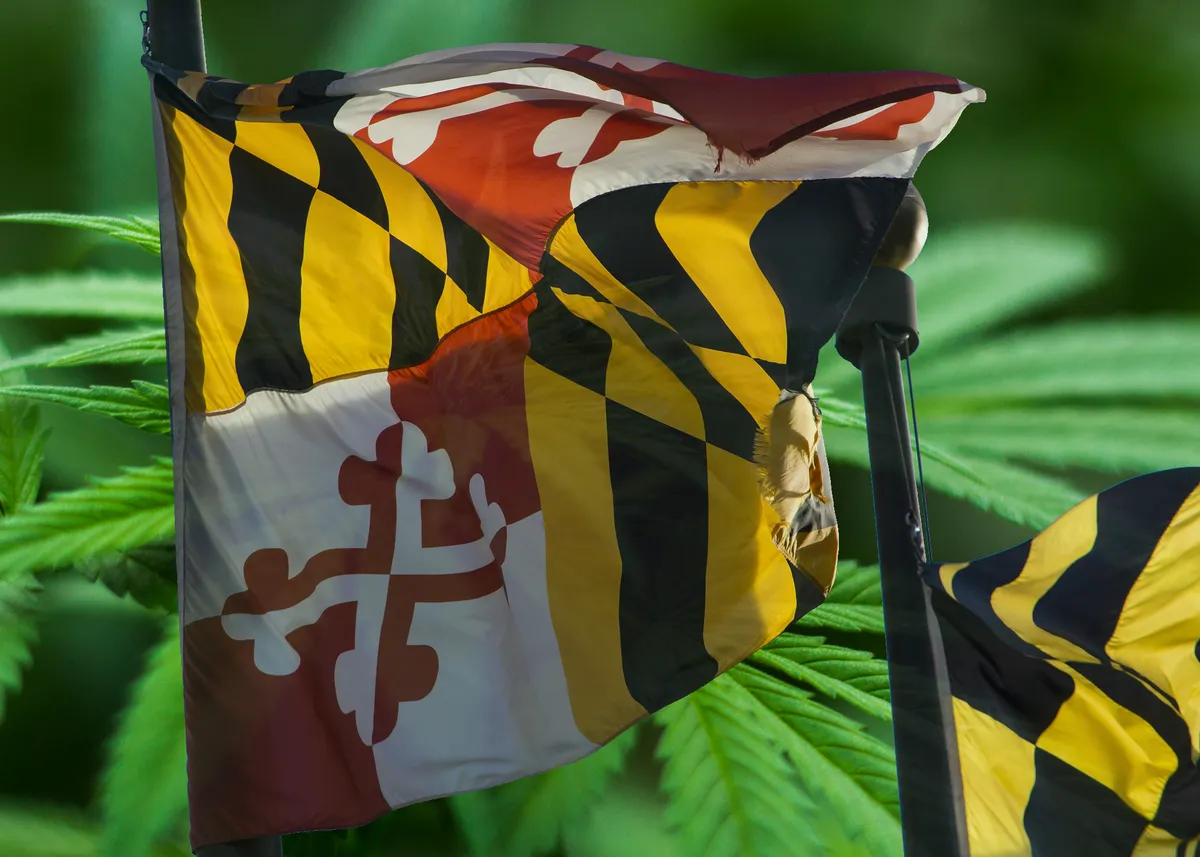Maryland Judge Supports Hemp Producers Against Restrictive Licensing Scheme
LOS ANGELES– In a significant ruling, a Maryland judge rejected a temporary restraining order against hemp producers, affirming that hemp products remained legal as per the provisions of the 2018 Farm Bill.
The lawsuit was initiated by the Maryland Hemp Coalition against the 2023 Cannabis Reform Act (CRA). The coalition criticized the CRA for its broad categorization of all cannabis products without differentiating based on THC content or derivation method.
According to the 2018 Farm Bill, hemp products containing THC levels below 0.03% are legal. Contradicting this, Maryland’s existing hemp producers and sellers were informed in July that without acquiring a new license, their operations were deemed illegal.
While the Hemp Coalition expressed no opposition to the CRA’s testing, labeling, or packaging requirements, it voiced strong reservations about acquiring the specific cannabis licenses needed by full THC producers in the state. The Coalition argued that under the CRA, they wouldn’t qualify for licensing as they neither met the criteria of being adversely affected by cannabis prohibition nor possessed medical cannabis licenses. Notably, these criteria grant priority in obtaining adult-use licenses in Maryland.
In its case, the Hemp Coalition emphasized that products with low THC levels were already legal and thus didn’t require medical licenses. Furthermore, they contended that Maryland’s licensing system effectively established a monopoly, disadvantaging hemp businesses.
Siding with the hemp producers, the judge observed that allowing hemp companies to continue their sales would not impede regular adult-use producers from progressing within the licensing framework. The judge clarified that the hemp sector would not hinder the adult-use program’s initiation.
In his concluding remarks, the judge acknowledged the state’s authority to oversee hemp, suggesting they could present a regulatory plan to the Department of Agriculture. Yet, he also highlighted that Maryland has yet to submit such a plan.


































